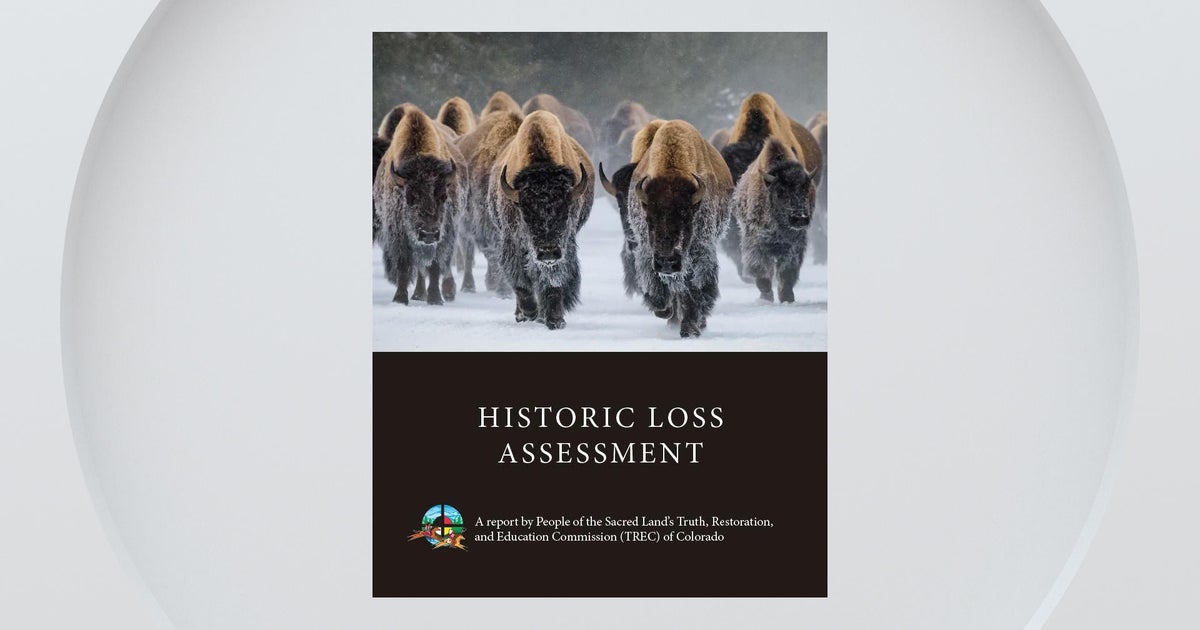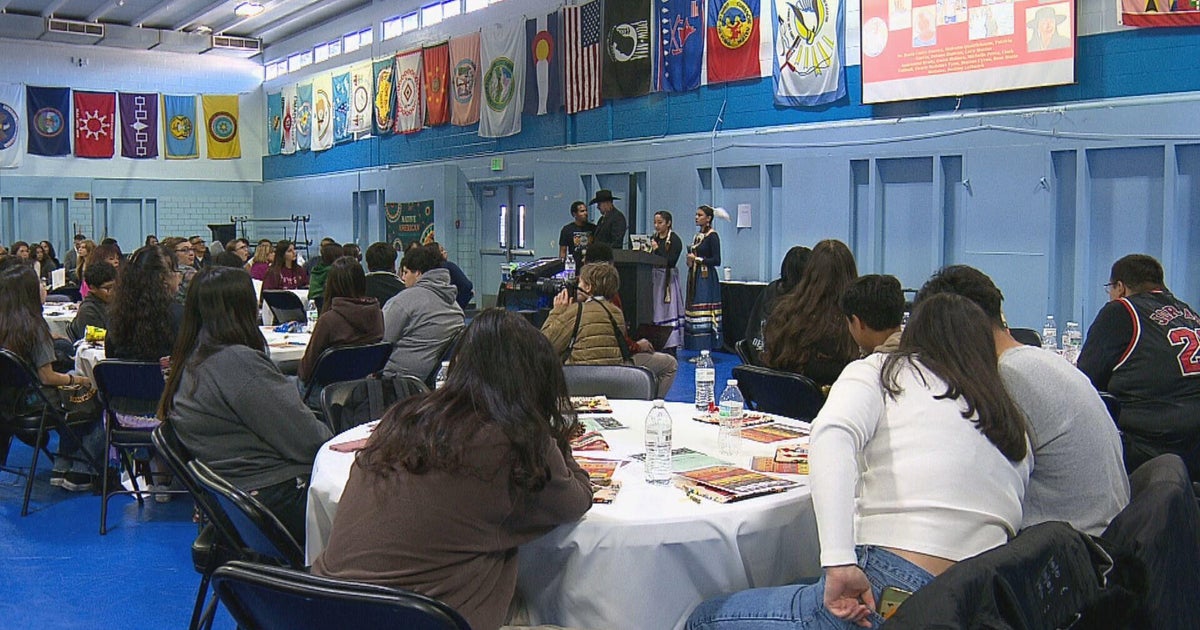Colorado attorney general files suit with other states against NCAA for one-year waiting period transfer rule
Colorado Attorney General Phil Weiser is among a group of state attorneys general across the country who are filing a lawsuit against the NCAA for their one-year waiting period rule that gets applied to some Division I college athletes who enter the transfer portal. They say the rule that imposes a player eligibility restriction after a transfer between college athletic programs should be thrown out because it violates American antitrust laws.
Weiser said in a prepared statement that the NCAA is "harming the rights of athletes to develop freely and fairly" with a rule that undermines the "spirit of athletic competition at the heart of college sports."
For many decades the NCAA had an overarching rule in place that students had to sit out of any Division I collegiate athletics program for a year after transferring from one school to another. That changed a bit in 2021 when the NCAA began allowing athletes a one-time transfer without losing eligibility.
But the rule still applies for students like Maddox Kopp who make a second transfer. Kopp played quarterback for the Colorado Buffaloes in 2022. He began his career at Houston in 2021 as a three-star prospect and then transferred to the University of Colorado in January 2022. He says he was then pushed out out of CU's program by incoming Coach Deion Sanders and his staff. Then he was told by the NCAA that he couldn't suit up this year when he transferred to Miami University to play for the RedHawks in Ohio.
Some waivers are granted by the NCAA for second transfers -- not in Kopp's case despite his request -- but Weiser and the other state attorney generals say the NCAA is inconsistent in how they grant them.
"By restricting mobility of athletes, the NCAA is adversely hindering student athletes from finding the best opportunities for themselves," said Weiser, whose office sent out a news release Thursday.
The news release states the NCAA's rule is an "overbroad and unjustified restriction on (student athletes') freedom and autonomy."
Weiser says the rule is blocking Colorado college athletic programs from being able to build their best possible team through recruiting.
The complaint was filed in U.S. District Court on Thursday. The other states who are the plaintiffs in the lawsuit are Ohio, West Virginia, Tennessee, North Carolina, Illinois and New York.




